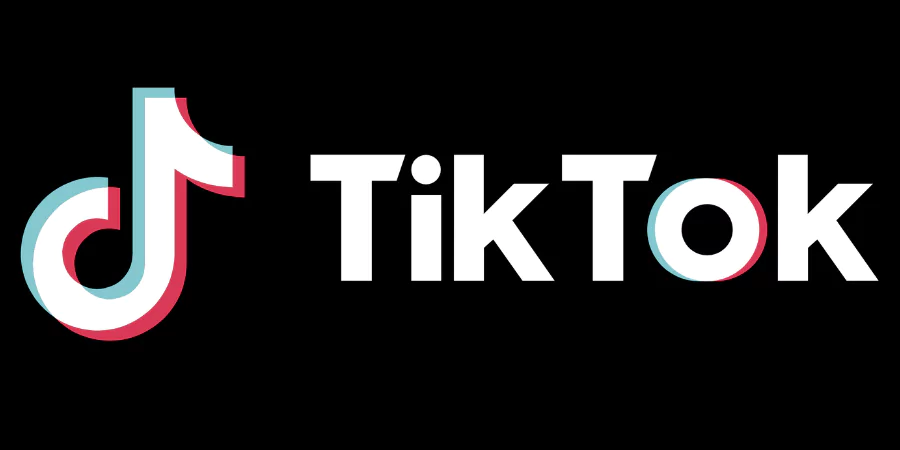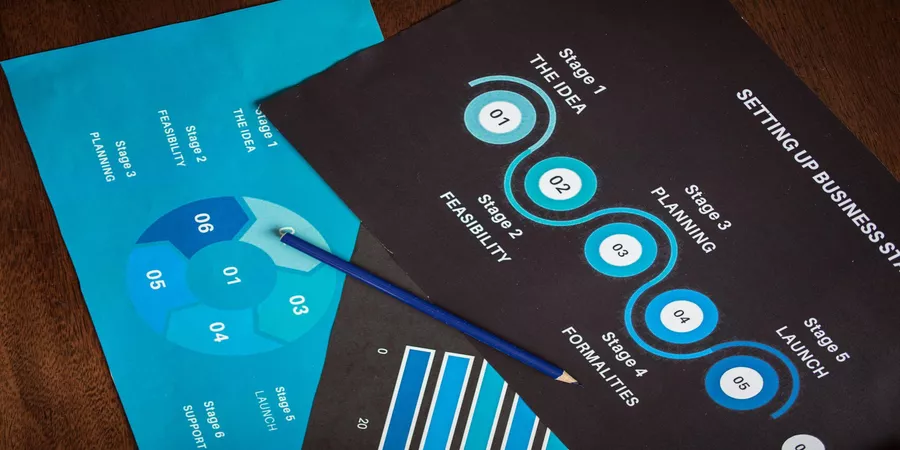The fate of TikTok’s U.S. operations hinges on its valuation and the roster of potential buyers. Mandated by federal law to divest from its Chinese parent ByteDance or face a ban, TikTok’s worth and suitors have been hotly debated throughout 2025.
TikTok’s Valuation: With and Without the Algorithm
TikTok’s core value derives from its content recommendation algorithm, often called its “secret sauce.” Analysts estimate its worth in two scenarios:
- Including the algorithm:
– Dan Ives of Wedbush values TikTok at over $100 billion, potentially up to $200 billion in a best-case scenario.
– Some equity analysts place the figure as high as $315 billion, referencing ByteDance’s internal share-buyback valuation. - Excluding the algorithm:
– Valuations drop sharply to $40 billion–$50 billion, as ByteDance would likely withhold the algorithm from any sale.
– CFRA Research’s Angelo Zino echoes this range, pegging the U.S. unit at $40 billion–$50 billion absent proprietary tech.
The stark divergence underscores the algorithm’s centrality: without it, TikTok’s user base and ad revenues remain valuable but dramatically less so.
Who’s Serious About Buying TikTok?
Several well-capitalized bidders have publicly emerged:
- Microsoft:
– In 2020, Microsoft’s initial bid (rumored at $20 billion–$30 billion) fell through. In 2025, it has renewed interest, leveraging its Azure cloud and ad tech platforms. - Amazon:
– Reported to have submitted a late bid in early April, drawing on its e-commerce integration and Twitch synergy, though details remain confidential. - Oracle:
– A perennial contender since 2020, Oracle is poised to lead a consortium rather than fund a takeover solo, given the projected north of $50 billion price tag for the U.S. unit. - AppLovin:
– The mobile-tech firm has enlisted casino magnate Steve Wynn as an adviser, proposing to address security concerns through in-house safeguards. - Blackstone and Hbar Foundation:
– Private equity involvement and blockchain-focused bids aim to structure novel ownership models appealing to regulators. - Jesse Tinsley Consortium:
– Payroll-software founder Jesse Tinsley, backed by Roblox’s CEO, leads a bid focused on operational continuity without the algorithm. - Frank McCourt’s Bid:
– The billionaire Boston Red Sox owner heads a deal that would substitute TikTok’s algorithm with a transparent alternative, joined by Kevin O’Leary and Reddit co-founder Alexis Ohanian.
Rumors also link Elon Musk with an interest, bolstered by his Tesla-China ties, though he has not publicly confirmed plans to bid.
Regulatory and Political Context
A bipartisan law enacted in 2024 forces ByteDance to divest U.S. TikTok operations by deadlines extended first to January 19, then April 5, and most recently to September 17, 2025. The White House, uniquely acting as dealmaker, has invited bidders to meet with Vice President JD Vance and Commerce Secretary Gina Raimondo. Failure to sell would result in a ban, penalizing U.S. app stores for hosting TikTok.
National security remains the driving force. U.S. officials argue that Chinese government access to user data and content-shaping capabilities could pose manipulation risks, underpinning calls for algorithm exclusion from any sale.
Potential Deal Structures
Given the valuation uncertainty, deal architects propose various structures:
- Split-Ownership Models:
– ByteDance retains international operations and algorithm rights, selling only U.S. assets to suitors for $40 billion–$50 billion. - Consortium Bids:
– Oracle-led groups pool resources to meet north of $50 billion price estimates, sharing equity stakes and licensing tech partnerships. - Algorithm Licensing:
– Bidders seek long-term licenses for the recommendation engine, potentially elevating transaction value toward $100 billion territory if Chinese authorities cooperate. - Regulator-Backed Trusts:
– Proposals include placing TikTok U.S. data and operations in a U.S.-based trust overseen by independent boards, addressing security concerns while preserving platform continuity.
Industry Implications of TikTok’s Sale
A divestiture would reshape the social-media landscape:
- Ad Revenues:
– TikTok generated over $23 billion in 2024, with U.S. ad revenue at $12 billion, making it a critical battleground for digital marketers. - Tech M&A Precedent:
– The U.S. government’s active role marks a departure from laissez-faire approaches, signaling greater scrutiny of foreign-owned tech assets. - Algorithm Ownership:
– Successive bids underscore that proprietary machine-learning systems are now among the most valuable corporate assets potentially eclipsing user bases and brands. - Platform Competition:
– Ensuing ownership changes may prompt feature convergence as legacy platforms like Meta and YouTube double down on TikTok-style feeds to retain ad dollars.
Conclusion
TikTok’s valuation debate ranging from $40 billion to $315 billion reveals the algorithm’s irreplaceable role in its success. As Microsoft, Amazon, Oracle, AppLovin, and consortiums led by Jesse Tinsley and Frank McCourt vie for its U.S. slice, regulators face the unprecedented task of orchestrating a private-sector sale under national-security mandates. The ultimate deal structure will not only determine TikTok’s future in America but also set a precedent for global tech governance in the age of powerful recommendation engines.







